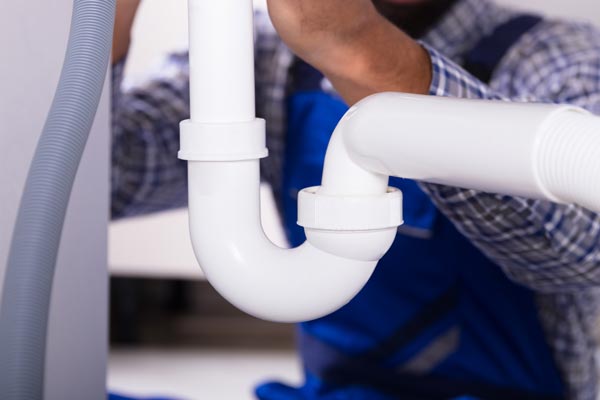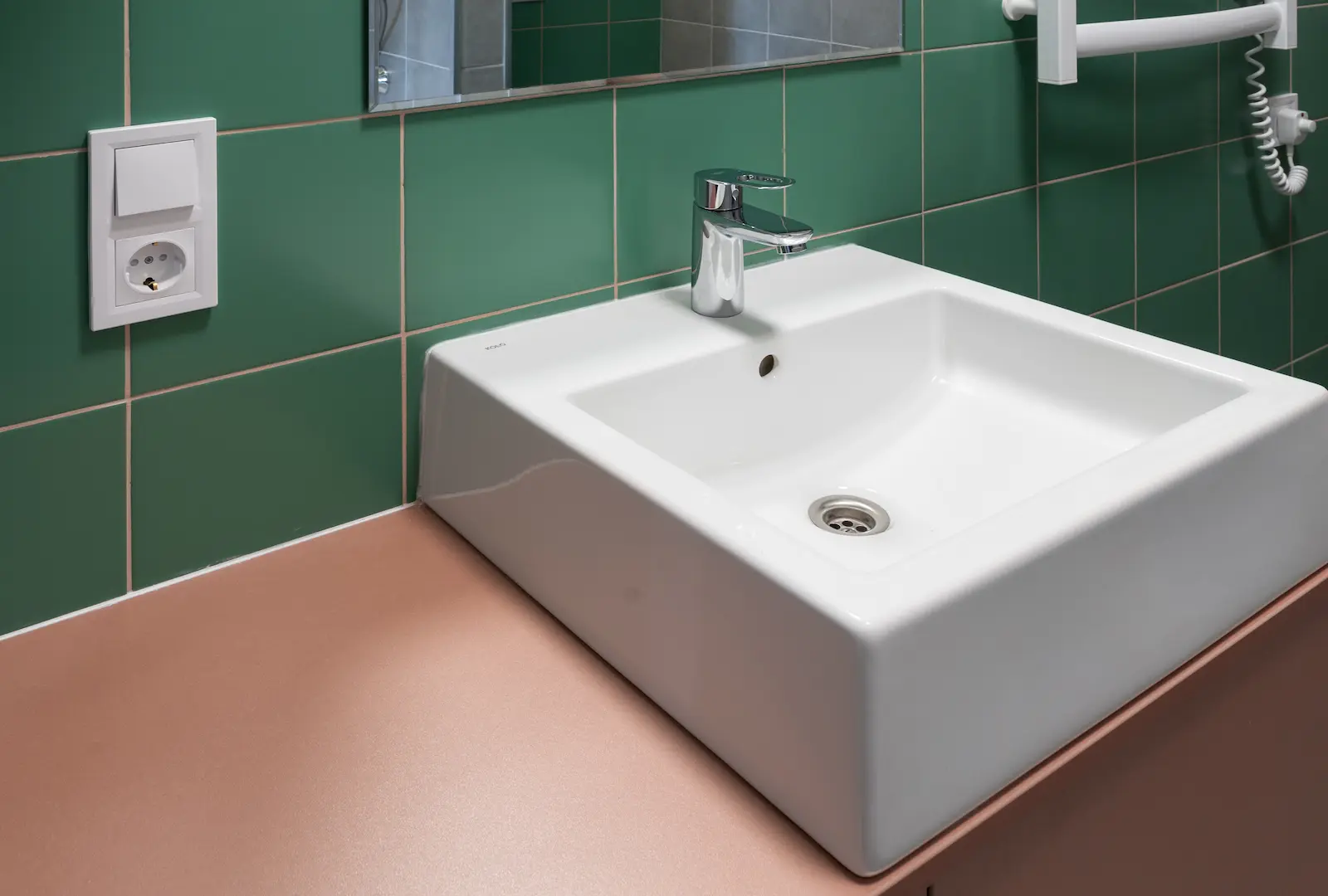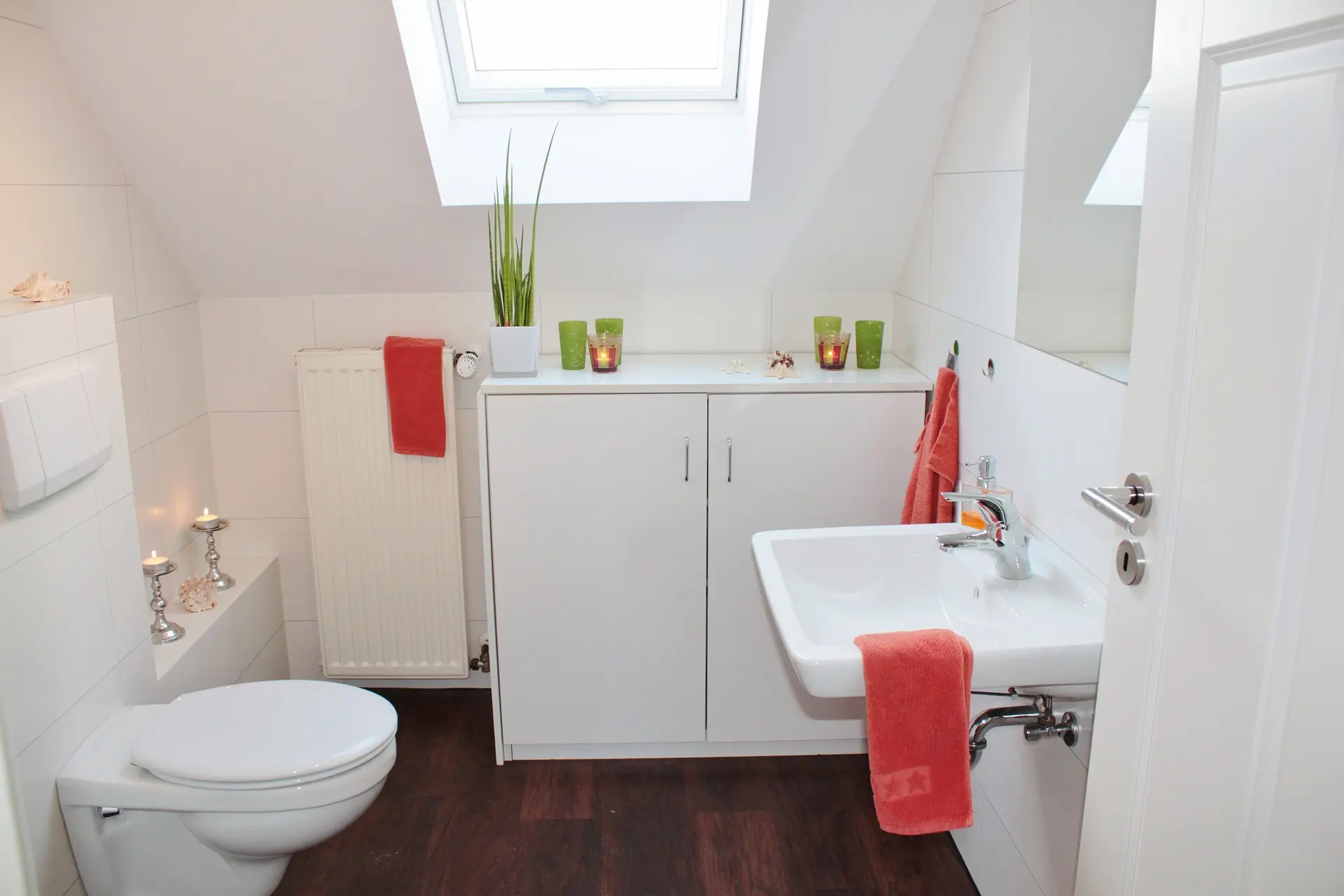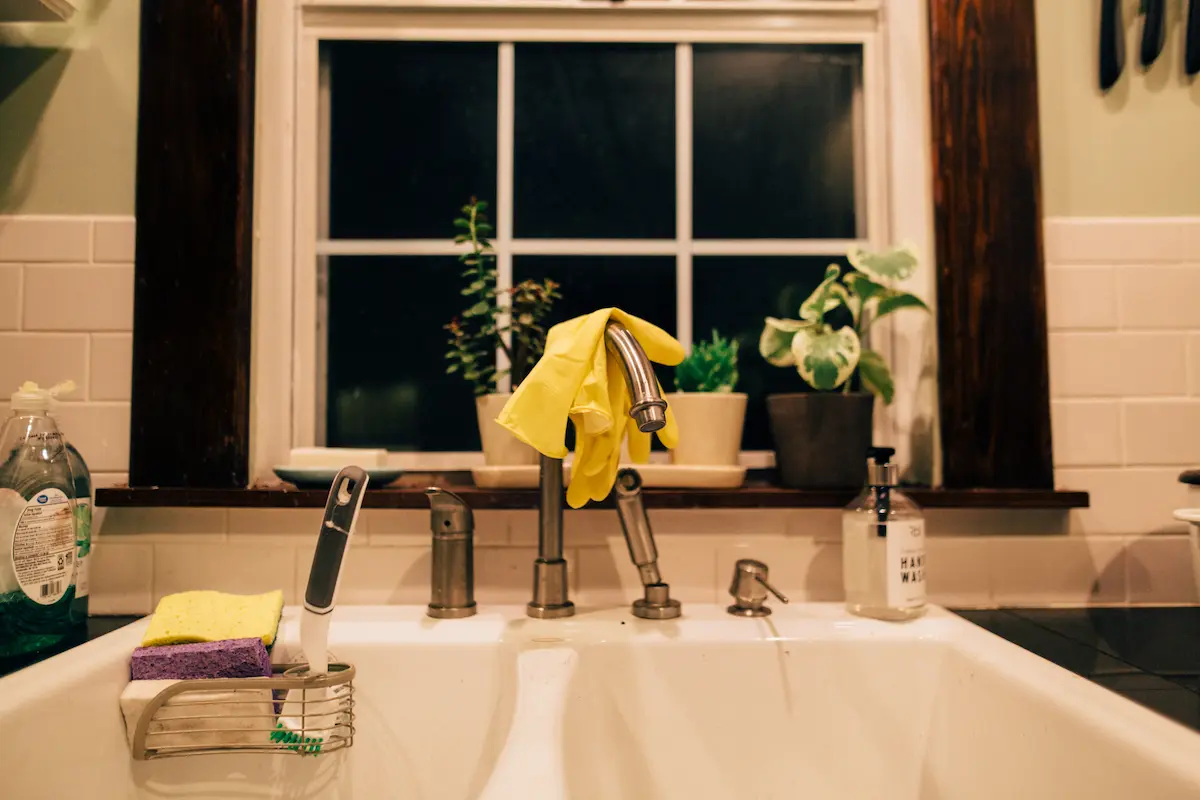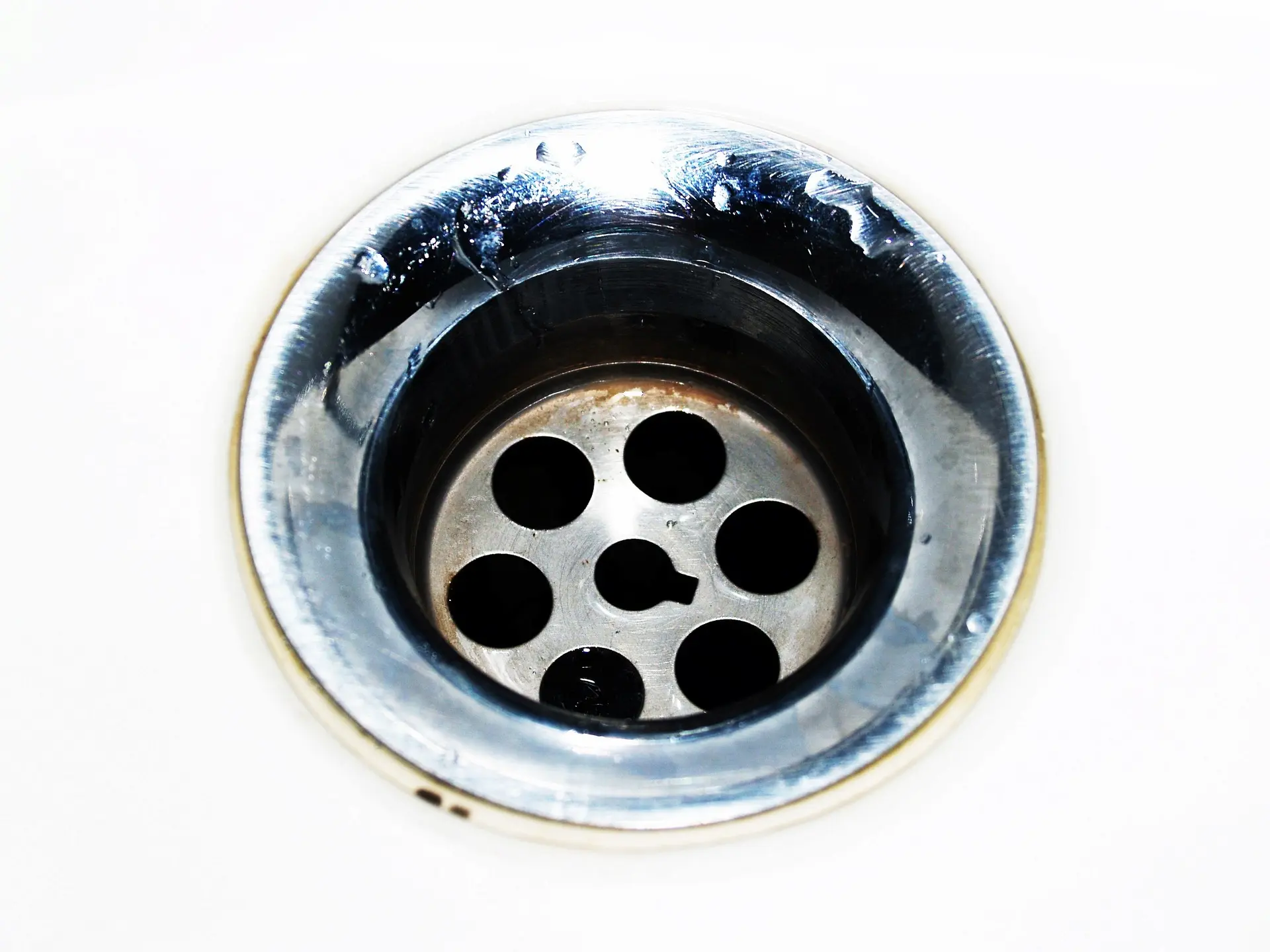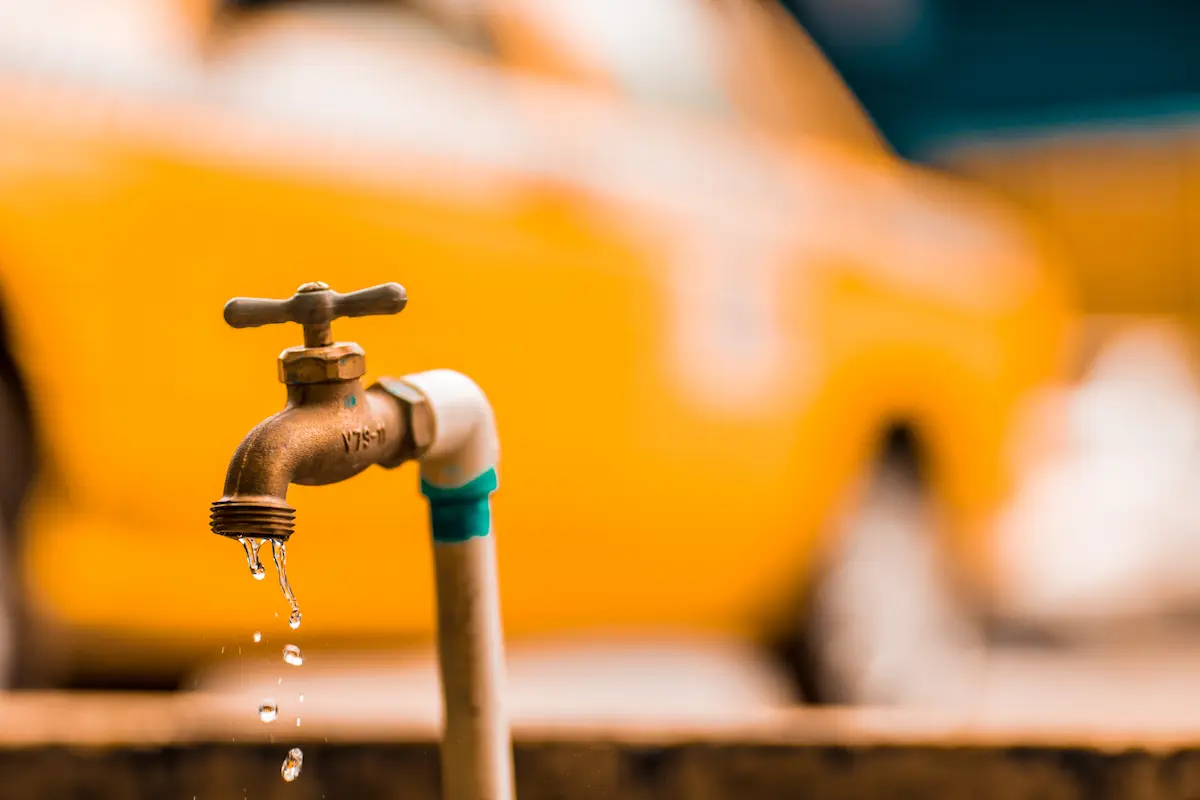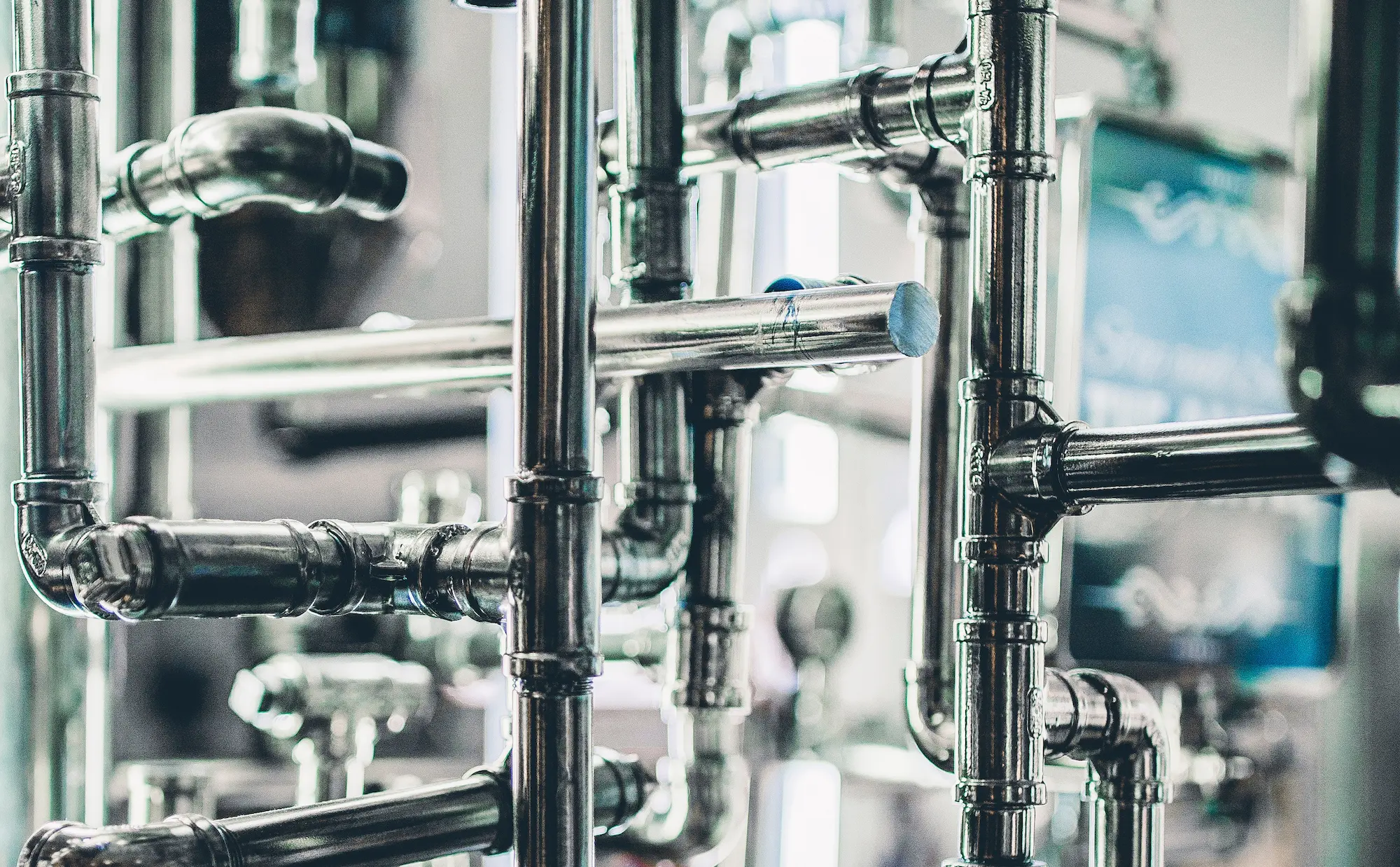We understand the importance of having a properly functioning grease trap in your commercial kitchen. A grease trap is an essential piece of equipment that helps to prevent grease, oils, and fats from entering the sewage system and causing blockages and backups. In this blog post, we’ll explain why you should consider hiring our plumbing company for your grease trap installation.
First and foremost, we have the experience and expertise to get the job done right. Our team of licensed and insured plumbers have years of experience installing grease traps and are familiar with the latest industry standards and regulations. We’ll work closely with you to understand your specific needs and design a grease trap system that meets your requirements.
Second, we use high-quality materials and equipment to ensure the longevity and performance of your grease trap. We only use products from reputable manufacturers that have been tested and proven to be effective and durable. This means that you can have confidence in the reliability and performance of your grease trap, knowing that it will be working hard to keep your kitchen running smoothly for years to come.
Third, we offer comprehensive installation services, from start to finish. This includes everything from assessing your kitchen and recommending the best grease trap for your needs, to obtaining the necessary permits and licenses, to installing and testing the system to ensure it’s working properly. We also provide ongoing maintenance and repair services to keep your grease trap in top condition.
Fourth, we understand the importance of timely and efficient service. A grease trap installation is a complex and specialized task, and we know that you need your kitchen up and running as soon as possible. That’s why we work quickly and efficiently to get the job done on time and within budget, without sacrificing quality or safety.
Finally, we provide affordable and competitive pricing for our grease trap installation services. We believe that everyone deserves access to high-quality plumbing services, regardless of their budget. That’s why we offer competitive pricing and flexible payment options to make our services accessible to everyone.
In conclusion, a properly functioning grease trap is essential for any commercial kitchen. Whether you’re running a restaurant, café, or other food-related business, a grease trap will help to prevent blockages and backups, protect the environment, and keep your kitchen running smoothly. So, if you’re looking for a plumbing company to install your grease trap, consider hiring our team for top-notch services at an affordable price.


